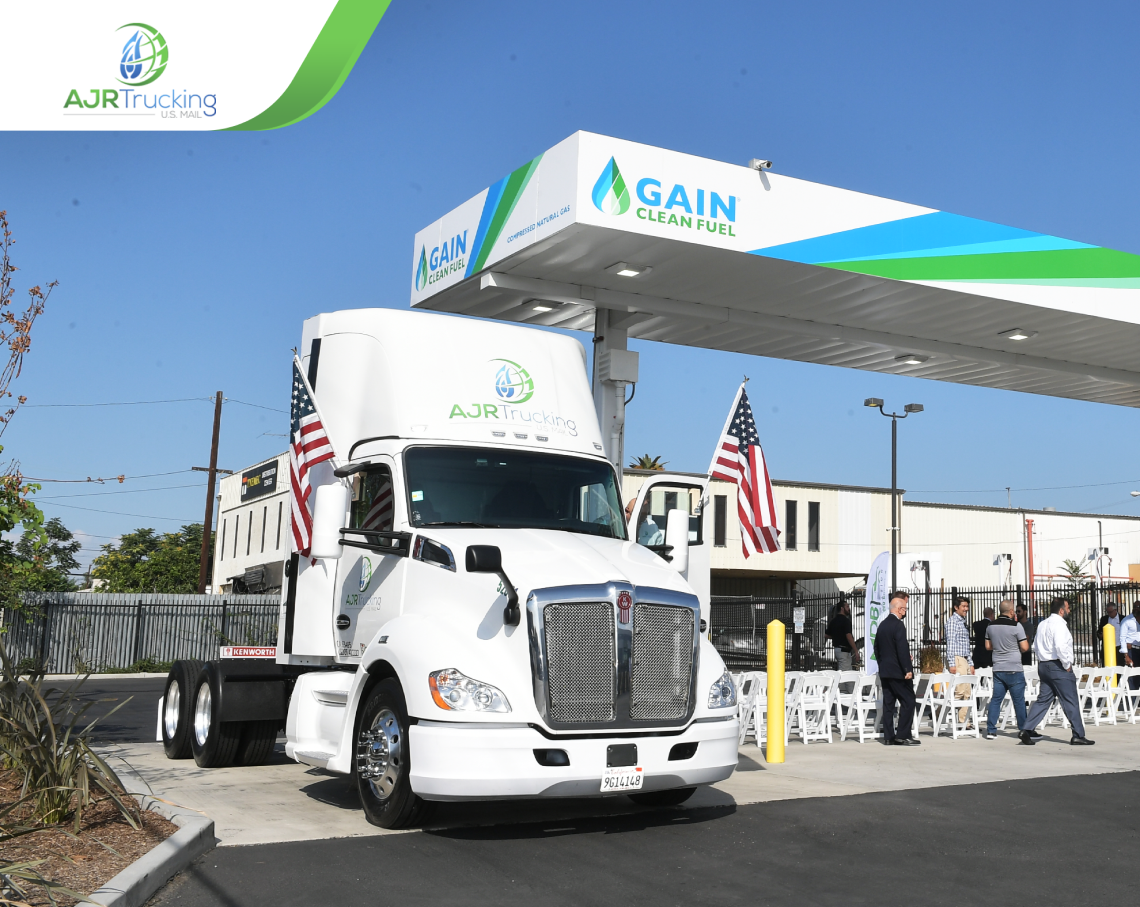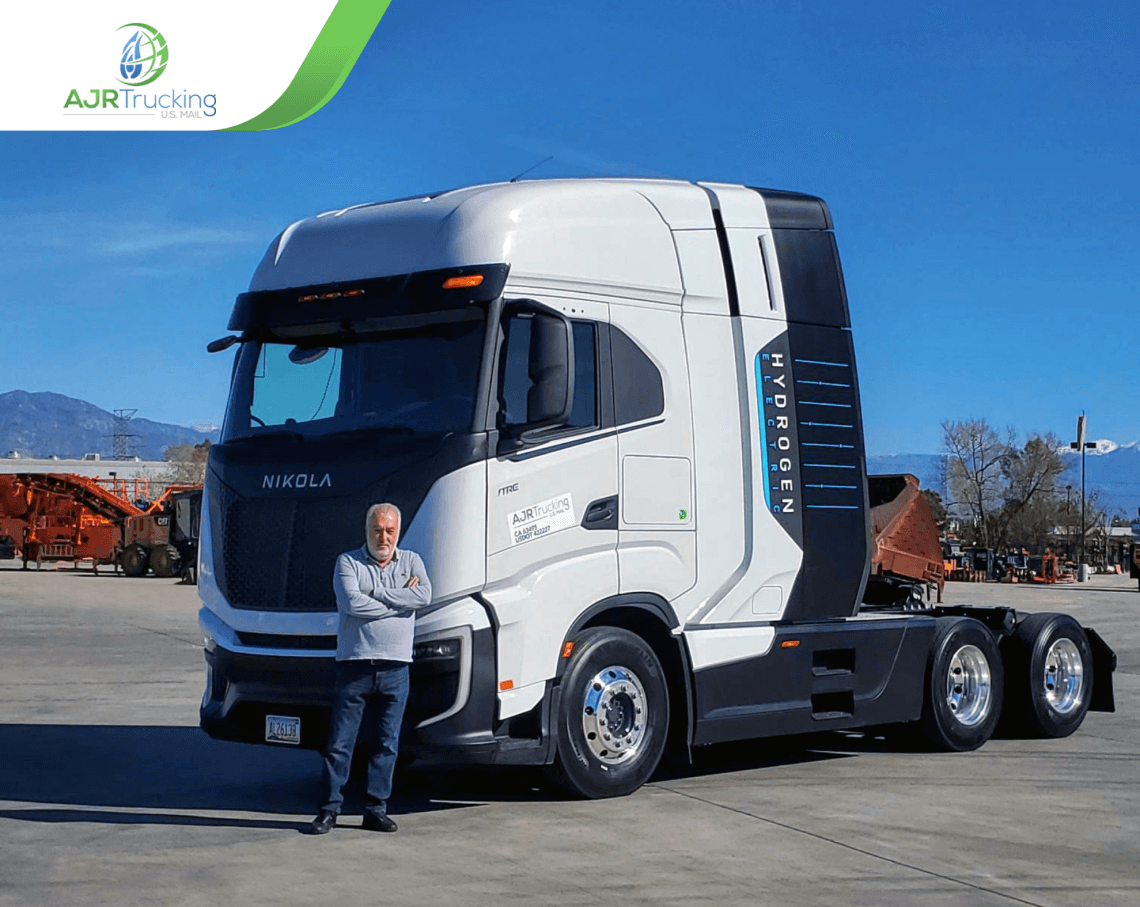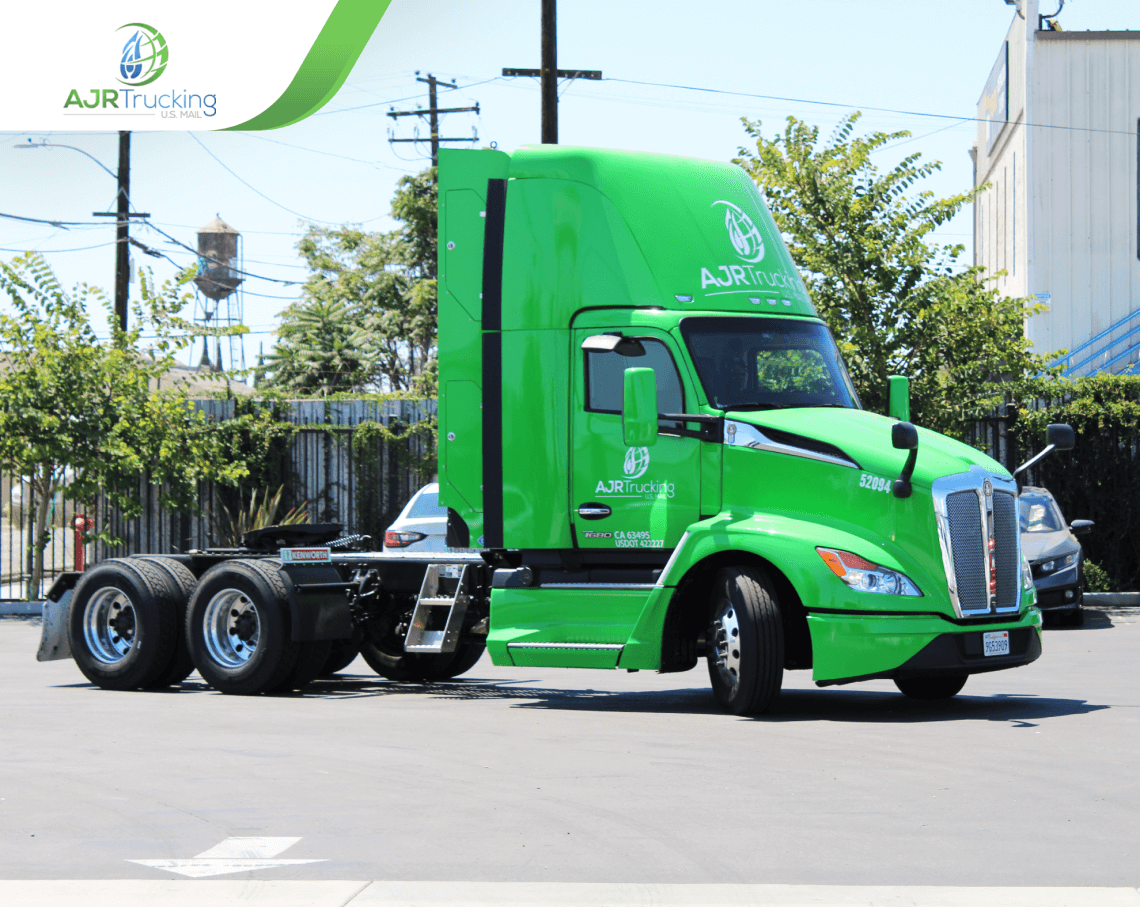Did you know that medium to heavy-duty trucks contribute to 25% of the total vehicular Greenhouse Gas (GHG) emissions of the U.S. transportation sector?
On average, each truck leaves a footprint of 223 tons of carbon dioxide per year. But alarming as these figures are, the environmental impact of the trucking industry can be compensated for. For that to happen, the best trucking companies in the US need to shift to sustainable fuel sources, such as CNG.
The benefits of CNG are numerous, and it is an excellent fuel choice for trucks.
So what is CNG, and why are CNG vehicles better for the environment? Let’s find out.
What Type of Fuel is CNG?
Compressed Natural Gas, or CNG, is a fossil fuel, like petroleum and diesel. Mainly composed of methane (CH4), CNG has a considerably lower carbon content, unlike traditional sources of fuel. And surprisingly, it has 1.6x more carbon efficiency potential than petroleum.
This means one of the biggest advantages of CNG is that it provides better fuel performance. It also generates much less pollution—another point in its favor.
CNG-powered trucks may not be entirely zero-emission, like hydrogen-fueled or battery-electric vehicles (BEVs). Still, CNG is a significantly cleaner, greener, and all-around better alternative to conventional options available today.
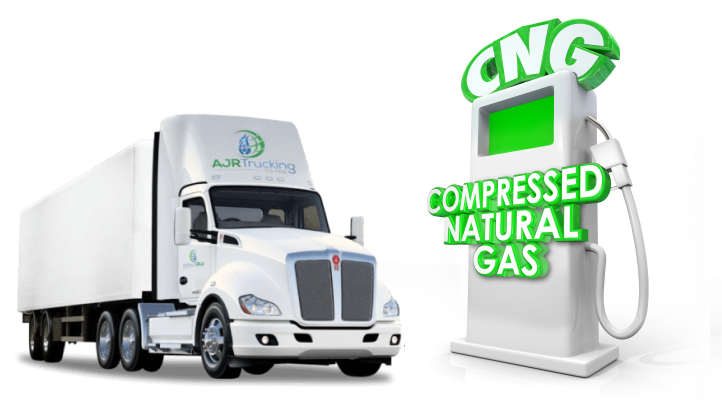
Benefits of CNG
If CNG is not zero-emission, then you may be wondering what is the advantage of using CNG over petrol?
The advantages of CNG are many. It can help trucking companies realize their sustainable truck dreams.
Why are CNG vehicles better for the environment? Trucking companies and drivers should consider switching to CNG because of the following:
Easy Availability
Natural gas, which is compressed to make CNG, is an abundant resource in the United States. Some of the top producers of natural gas include Louisiana, New Mexico, Texas, Oklahoma, and Wyoming—states that contribute to 50% of the country’s natural gas reserves. In fact, per government sources, the country has enough natural gas to sustain its fuel needs for the next 60 years.
That’s excellent news for the future of the trucking industry because this consistent, high supply is crucial to fulfilling the demand for cleaner and greener fuel.
Although the U.S. continues to maintain strategic crude oil reserves, these resources are not infinite. In only a year, the stock decreased from 577.50M to 371.58M. And, given the fuel demand, it will deplete fast in the coming years.
In comparison, one of the major CNG benefits is that there’s plenty available.
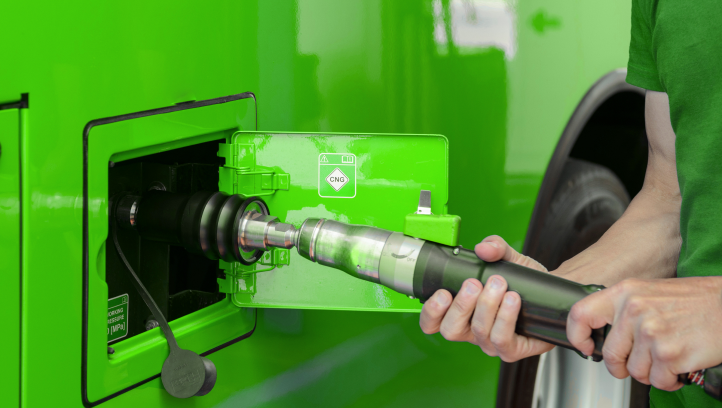
Minimal Environmental Impact
One of the biggest CNG benefits is its well-to-wheel impact offers a 13% to 17% reduction in greenhouse gas emissions compared to traditional fuel sources, like petrol.
Another advantage of CNG is that it reduces CO2 emissions by as much as 25%.
So, for the same level of performance and productivity, you can observe a significant reduction in GHGs and carbon emissions. If you ever wonder, “Why are CNG vehicles better for the environment?” —that’s exactly why.
Although traditional fuels may be the conventional choice for a truck driver, CNG-fuelled trucks are much better for the environment. Walmart is already planning to experiment with 15-liter natural gas engines developed by Cummin this year. The trucking industry should be mindful of these CNG benefits.
Minimized Operational Costs
Is CNG cheaper than petrol?
Yes. It is cheaper than petrol. Natural gas, whether CNG or LNG, is about half the price of petrol. Natural gas prices are also far more stable than petrol—it has remained steady in North America for almost 20 years.
Lower operating costs are one of the main CNG benefits to consider.
However, CNG-powered vehicles, including commercial trucks, cost more than petrol trucks. So there is a one-time initial investment to consider. Or, a simple CNG kit retrofit could do the trick.

Hassle-free Adoption
While one can always argue in favor of BEVs or hydrogen-fuelled trucks, CNG is more viable as an immediate alternative to traditional fuels. There are 1,500 CNG fuel stations all over the U.S., with more slated to open in multiple states.
And if you’re wondering what cars take CNG fuel, the answer is: all of them. Any existing petrol trucks can be retrofitted with a CNG kit so they can run on this sustainable fuel.
Adoption is easier than hydrogen trucks or BEVs because you don’t have to replace your entire fleet. Shifting to CNG is a goal that can be realized practically and financially.
This means one of the biggest advantages of CNG is that it is easily adaptable without disrupting existing business models.
Reduced Air Pollution
What is the advantage of using CNG over petrol? CNG mostly comprises methane, and it combusts more cleanly than petrol. It produces far less soot and smoke than traditional fuels. CNG engines generate almost negligible particulate matter and are far cleaner than other fossil fuels.
CNG benefits include considerably fewer air pollutants than traditional fuels. Transitioning to CNG is important because tailpipe emissions from trucks are significant contributors to air pollution.
Paving the Way for a Greener Tomorrow with AJR Trucking
At AJR Trucking, sustainability is our key aspiration. We want to set clean and green trends in the trucking industry with all our endeavors. To realize that goal, our trucking business plan comprises a near zero-emission CNG fleet, which has successfully eliminated 125649 metric tons of GHG emissions.
But our efforts don’t end at taking advantage of CNG trucks.
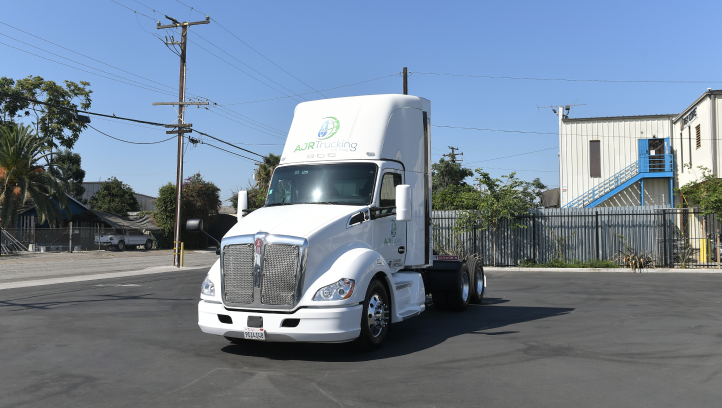
We also actively pursue our Green Mission to inspire conversations about sustainability and environmental conservation. Our staff and truck drivers are educated on the advantages of CNG and trained in sustainable trucking practices. We have also planted 2,073,347 trees and successfully taken 27,141 cars off the road.
We will continue our efforts to lead the trucking industry toward a cleaner, greener, and eco-friendly future. Realizing and utilizing the benefits of CNG in our fleet enables us to get closer to that goal.

